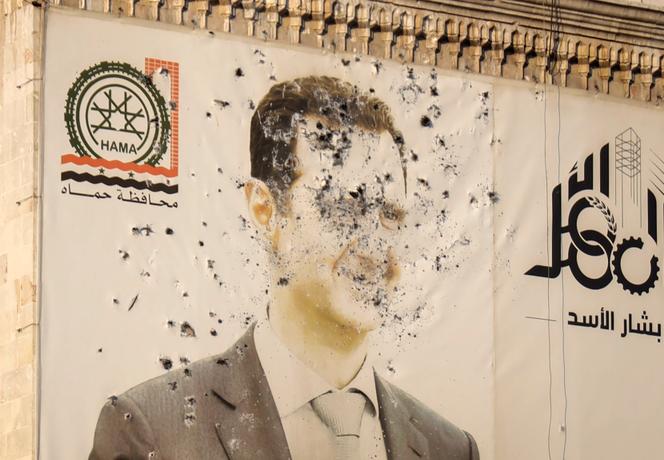


It was in the summer of 1982 that Syrian military intelligence and the Iranian Revolutionary Guards secretly sponsored the creation of Hezbollah in Lebanon which literally means the "Party of God." The regimes of Hafez al-Assad in Damascus and Ayatollah Khomeini in Teheran forged a strategic alliance against their common enemy, Saddam Hussein, who two years earlier had dared to launch the Iraqi army against revolutionary Iran. The hatred between the Syrian and Iraqi dictators was irreconcilable, officially because they both advocated a form of "Arab socialism" under the aegis of the same Baath Party, of which each claimed to be the sole champion.
In reality, the Assad regime turned to Iran to escape a wave of popular unrest that it crushed in Hama in March 1982 at the cost of tens of thousands of deaths. The creation of Hezbollah gave the Syrian dictatorship a precious pro-Iranian ally on the Lebanese and even regional scene. But this partnership, so beneficial to both parties for four decades, has spectacularly backfired on them.
The Assad regime first relied on Hezbollah to fill the void left by the Palestine Liberation Organization (PLO), expelled from Lebanon in the summer of 1982 during the Israeli invasion. The pro-Iranian militia, which carries out attacks under various names, also dealt a devastating blow to the American and French contingents in Beirut in October 1983 (241 US Marines and 58 French paratroopers were killed), accelerating their withdrawal from Lebanon. Not only did the Syrian dictator consolidate his control over the Land of the Cedars, but he also posed as a "mediator" in negotiations for the release of Western hostages held by... Hezbollah. Once Syrian domination of Lebanon was complete, Hezbollah took part in Lebanon's first elections in 20 years, in September 1992. Since then, it has established itself as Damascus' most reliable ally in Lebanon, a role reinforced following the succession of Hafez al-Assad by his son Bashar in June 2000. Hezbollah was even accused of assassinating former Lebanese prime minister Rafik Hariri in February 2005, allegedly on Damascus' orders.
The wave of popular protests that shook Lebanon at the time forced the Syrian army to withdraw from the country after three decades of occupation. However, Hezbollah remained unconditionally aligned with Damascus in the face of this nationalist uprising, further suppressed by the assassination of anti-Syrian figures in Lebanon. This alliance between Bashar al-Assad and the Shiite militias grew stronger, to the point where Hezbollah intervened directly in Syria in February 2013. The leader in Damascus was faced with an insurgency that even the massive support of Moscow and Teheran could no longer contain. Hezbollah's involvement on the ground was crucial in compensating for the loyalist troops' lack of fighting spirit. This intervention took place in the broader context of operations by the Iranian Revolutionary Guards and pro-Iranian militias from Iraq, all in the service of the Syrian dictatorship, notably during the fall of the anti-Assad stronghold of Aleppo in December 2016.
You have 41.85% of this article left to read. The rest is for subscribers only.
